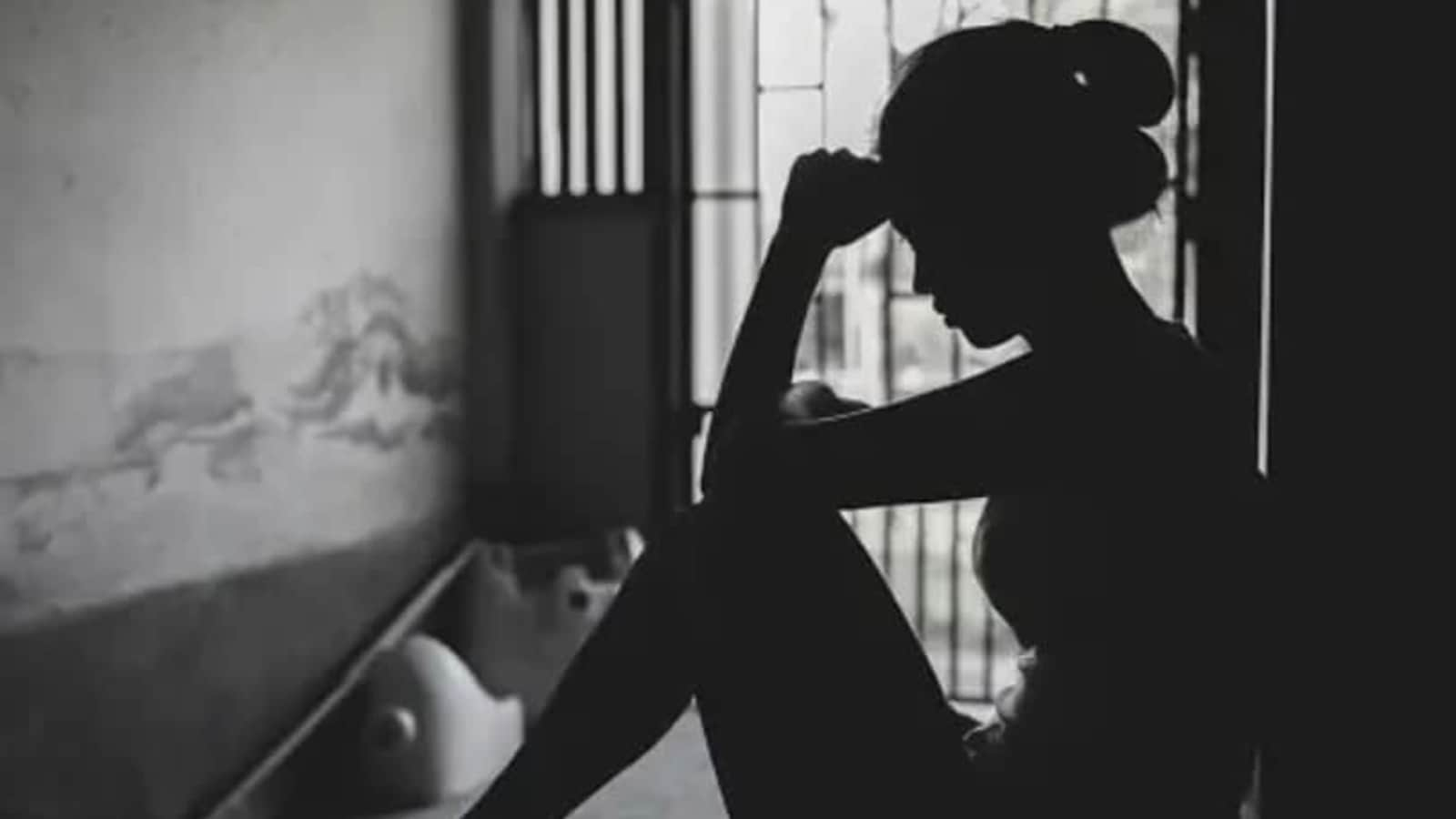In many homes, it is a popular belief that if a child is provided with the necessities such as food, education and a home, they will turn out fine. However, they forget one of the main ingredients of emotional growth – emotional connection and safety. That’s why when these children grow up to be adults, they feel overwhelmed with a sense of loneliness.
“We subconsciously keep repeating what we are most familiar with (mostly it's linked to our upbringing). Only when we become aware of our learned and subconscious patterns and beliefs, we can break free from them and make healthier and better choices for ourselves (present and future self),” wrote Therapist Caroline Middelsdorf. The expert further noted down a few signs of adult loneliness and how they are connected to childhood trauma.

(Unsplash) Feeling like the odd one out: In social situations, we face difficulties in starting a conversation or getting along with everyone. This happens from the sense of not having self-confidence.(Unsplash) Constantly seeking approval: Children who never received assurance and approval from their parents and caregivers grow up to be adults who always keep seeking them.
(Unsplash) The disappearing act: Social situations can overwhelm an adult who is suffering from adult loneliness. This often creates the urge to disappear or escape the situation.(Unsplash) Attracting the wrong people: We feel comfortable being in a toxic relationship because of childhood patterns.
Even when we know it .























